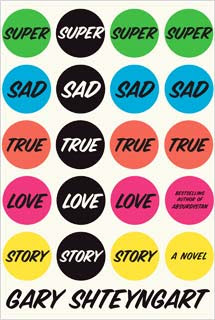Top-ten mobile apps that can make the world a better place Q2 2011
/
Top-ten mobile apps that can make the world a better place Q2 2011
Visit www.transformative-applications.net and get a glimpse of a better future
Today Transformative-Applications.net present the top-ten list for the second quarter 2011. Each quarter ten transformative applications that address some of the most pressing challenges in our society, and five initiatives that support the development and uptake of such applications are presented.
In the second assessment the following applications are included (in alphabetical order):
- Biblion
- EveryTrail
- Health Enhancement Assist Service
- iKiva
- Leafsnap
- Plugshare
- Realtimecongress
- RedPhone
- Runkeeper (Health Graph update)
- Seasonal Harvest Lite
Areas such as health (where we through leading mobile applications can see a move from central institutions addressing symptoms once people are already sick to a decentralized system with focus on a healthy life) are developing fast. EveryTrail, Health Enhancement Assist Service and Runkeepers update with an “health graph” are all interesting examples.
Direct and open connections are also getting a lot of attention among entrepreneurial developers with iKiva, RedPhone and Sesonal Harvest Light covering different aspects, from free communication to the ability to connect to those that produce things we use.
- The response has been fantastic and we want to make sure that the page highlight a diverse set of applications and supportive initiatives that address, or have the potential to address, today's and tomorrow's most important challenges, said Dennis Pamlin, who is coordinating the initiative. It is very interesting to see that it is mainly independent entrepreneurs that are moving the transformative agenda forward.
The five supporting initiatives Q2 2011 are:
- Access
- Apps for Development
- Investigative Dashboard (ID)
- Prix Pictet
- Zilok
- Very few of the major stakeholders today are doing anything transformative. They seem to see mobile application and the increased connectivity more as a threat than an opportunity. If they do anything at all they just transfer existing data and ways of operating into apps. We will now send out a questionnaire to leading stakeholders and ask how they support transformative applications.
For more information and the list of transformative applications please visit: www.transformative-applications.net







































